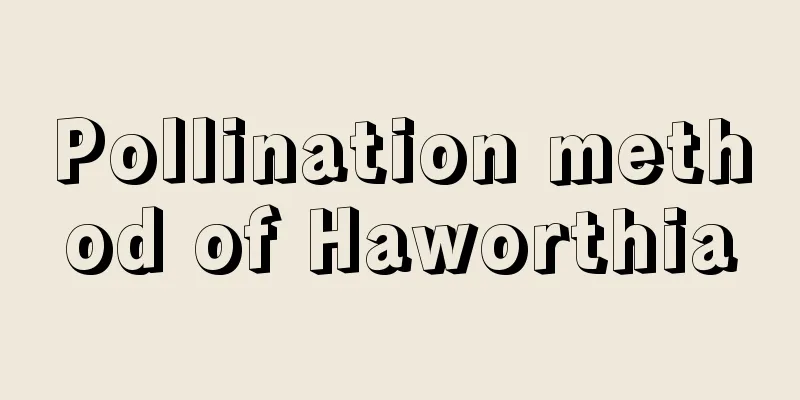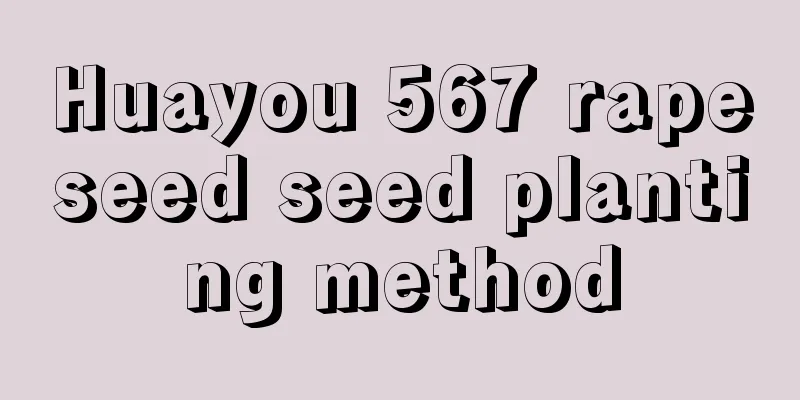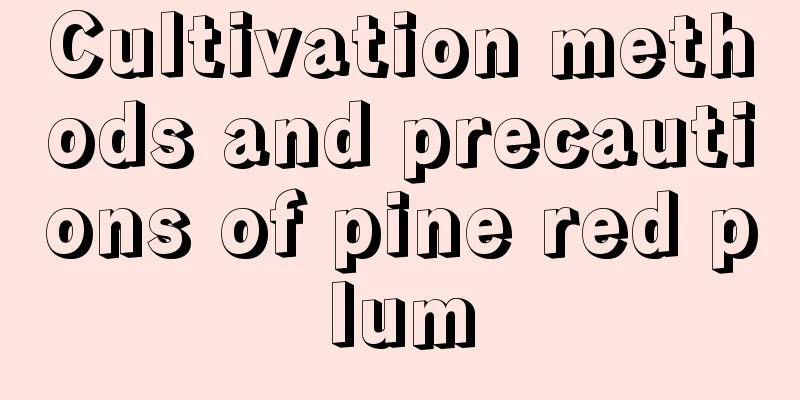Pollination method of Haworthia

Select plantsFirst, you need to choose the plants for pollination, which are two different flowering varieties of Haworthia. You can decide which variety you want. If you look closely at the flower of the Haworthia striata, you will see that it consists of six petals in total, and it is difficult to see its stamens and pistils from the outside. Pollination preparationThere is one more step before pollination. In order to facilitate the acquisition of pollen, the varieties with long receptacles need to be processed. Just pull the receptacle down until it looks like the picture below. If the receptacle is not long, there is no need to process it. This way the pollen is exposed outside, making operation much easier. Distinguishing male and female pistilsIf you look closely, you will find that the arrangement of the stamens is the same as the petals of the Haworthia plant, there are 6 of them, and the slightly swollen one in the middle is the pistil. The white protrusion on the top of the pistil is the stigma, and we will apply pollen to this place later. Remove the stamensPick off the stamens of the two plants and find something to fix them, but be sure to distinguish the varieties. pollinationNext, use tweezers to smear the pollen from another flower onto the pistil of this flower. Be careful with small movements and gentle force, and be sure not to poke off the stigma of the pistil with one hand. The rest of the time is just waiting. Pollination successThe successfully pollinated pistil will slowly develop into a fruit, become darker in color, and begin to swell slightly. Not only will it show no signs of drying up, but it will seem to grow bigger day by day. After a few more days, they became bigger, darker in color, and the fruits became longer. NOTE: Tape the seed pods before they turn brown to prevent them from ejecting seeds once they are ripe and dry. If the top of the seed pod splits into three petals, it means the seeds are ripe. After picking, the black seeds inside can be sown immediately. The seeds have a short lifespan and are not suitable for long-term storage. They will hardly germinate after one year. |
<<: Can the jade lotus be cultivated hydroponically?
>>: Tips for planting jade lotus leaves
Recommend
How many days does it take for the green radish to sprout after cuttings?
Pothos is a common ornamental green plant that ca...
Is freesia poisonous?
1. Is it toxic? It is non-toxic and has high orna...
Can the shrunken leaves of Jade Dew be restored?
1. Can it be recovered? Under normal circumstance...
How to grow succulent cones
1. Medium When growing succulent cones, you can u...
How to make moss bonsai
Rapid moss method It is relatively simple to grow...
How to propagate magnolia
1. Seed propagation First, you need to collect se...
The difference between rat tail palm and white sandalwood
Morphological characteristics The stem of the rat...
Are green beans shade-loving or sun-loving plants?
Do French beans prefer shade or sun? Green beans ...
The Flower Language of Ranunculus
The flower language of Ranunculus The flower lang...
What to do if the lucky tree grows too tall
What does the lucky tree look like when it grows ...
How to make Olivia's succulents bloom
1. Adequate sunlight Olivia likes an environment ...
How to take care of sugarcane so that it grows tall and big?
Fruit cane generally refers to sugarcane , which ...
What to do if the leaves of bougainvillea wilt after repotting
1. Treatment methods 1. Increase light: The leave...
Identification methods of spatholobus species
Spathiphyllum truncatum The main difference betwe...
Flowers also need a "bath". Wipe them every time and the leaves will become shiny and reflective!
In fact, flower plants, like humans, also need a ...









